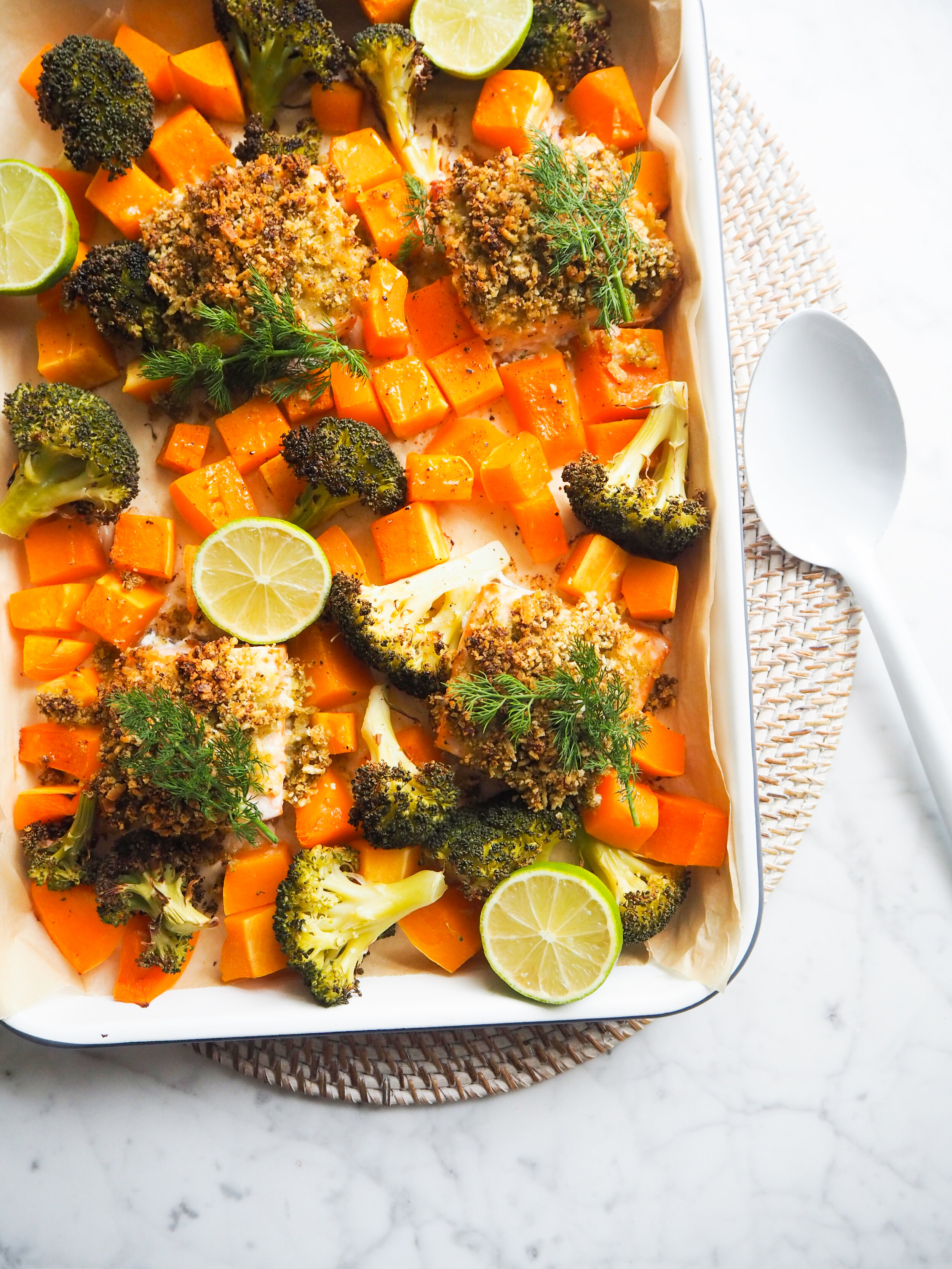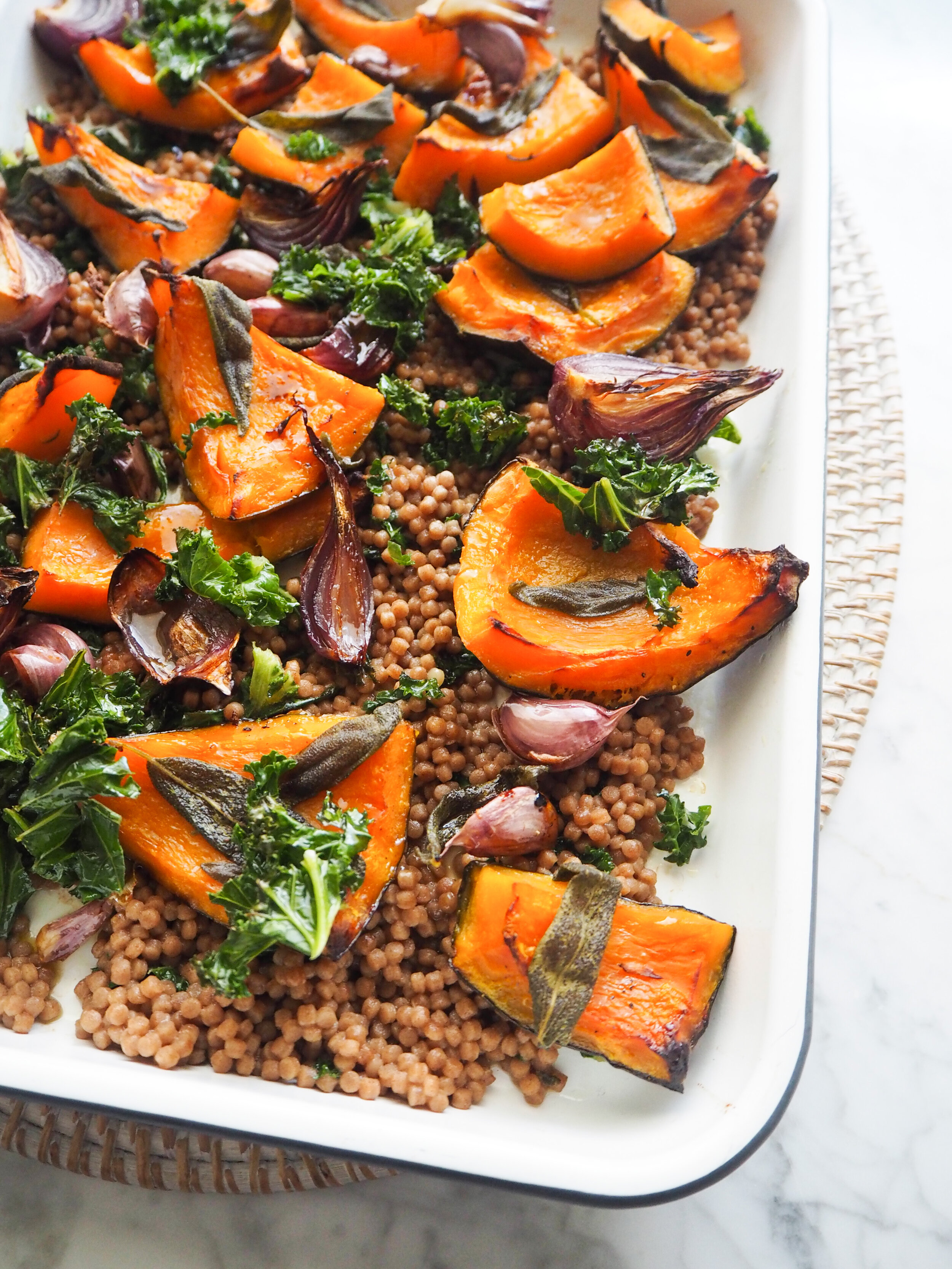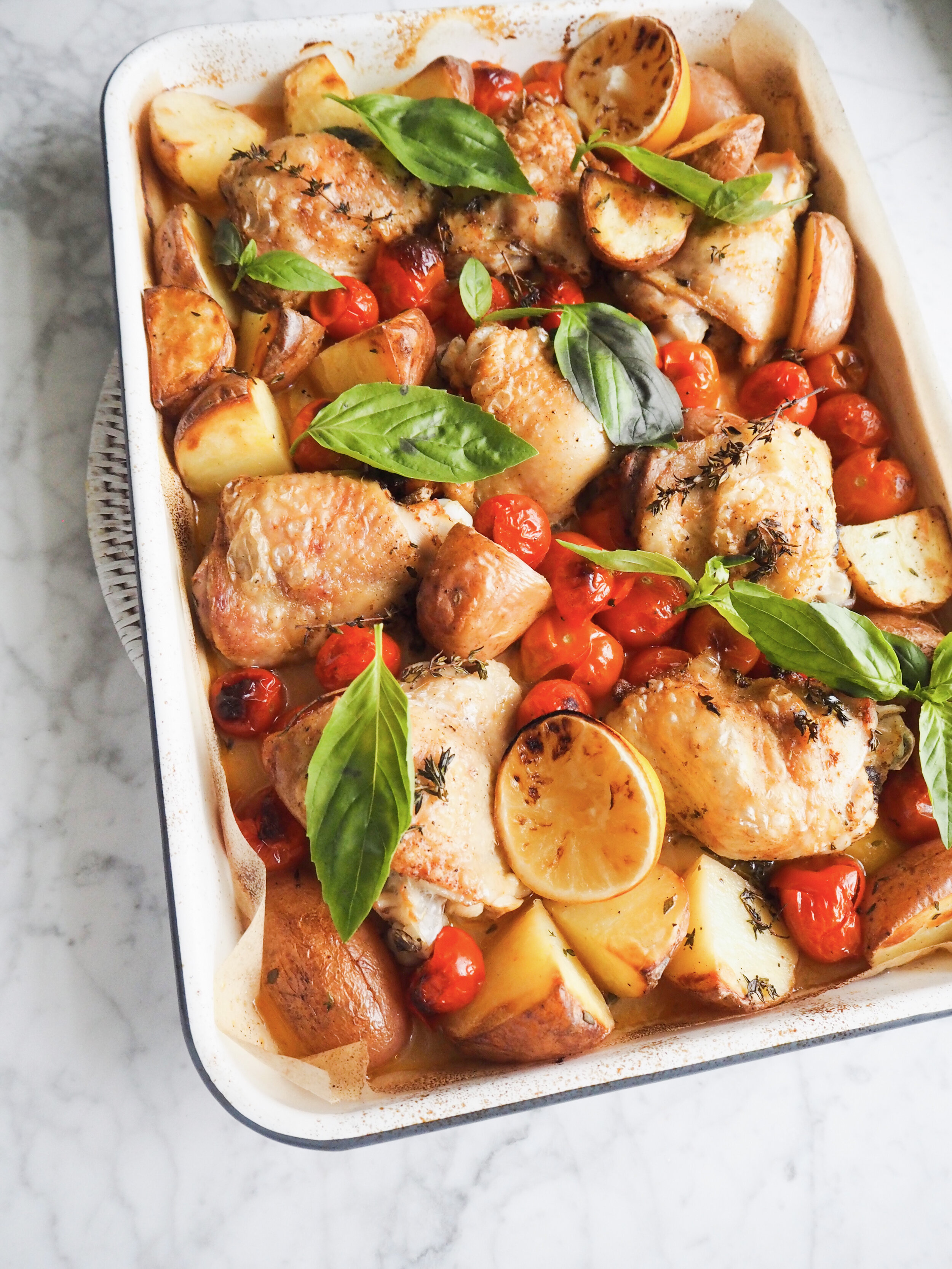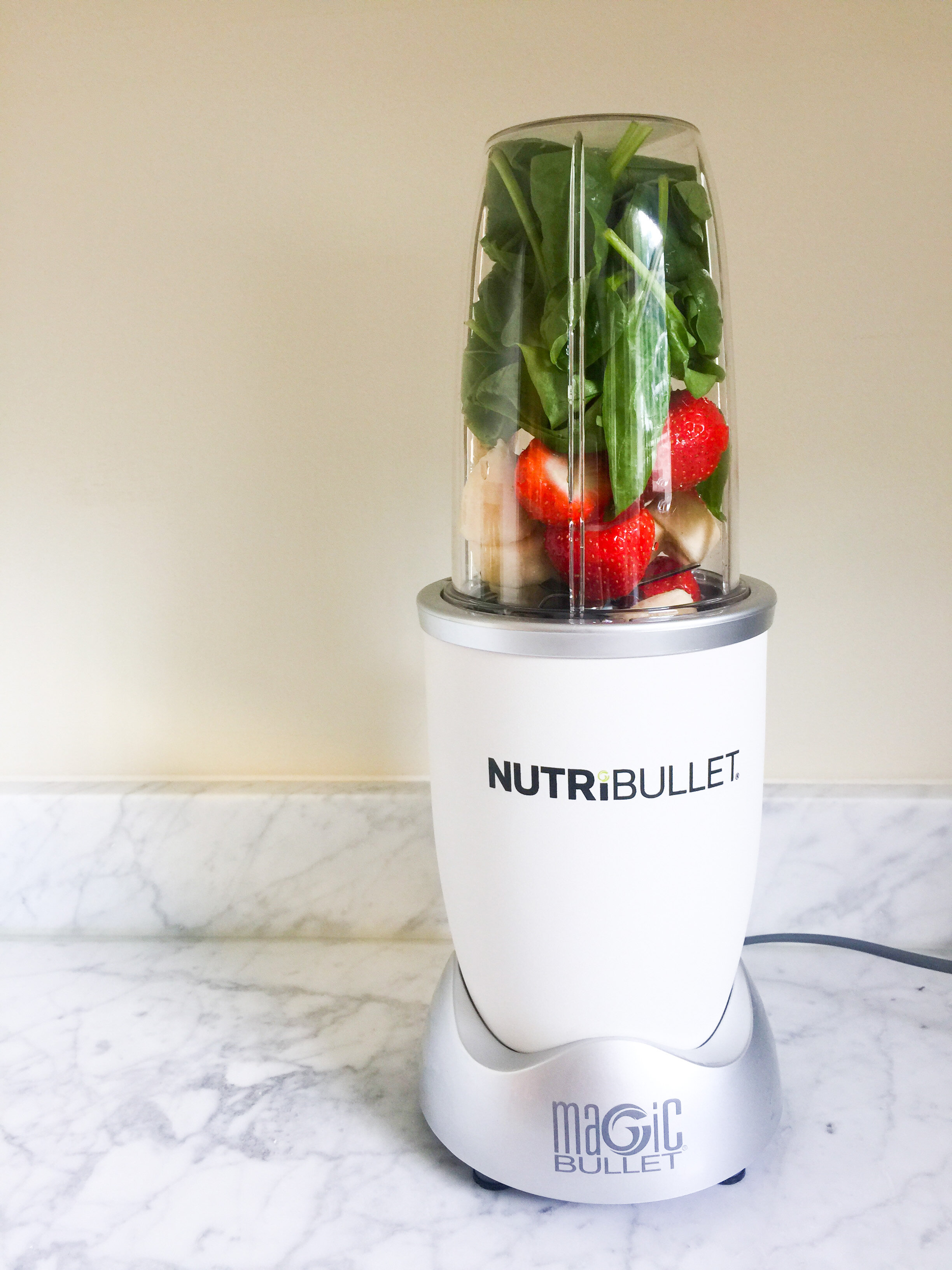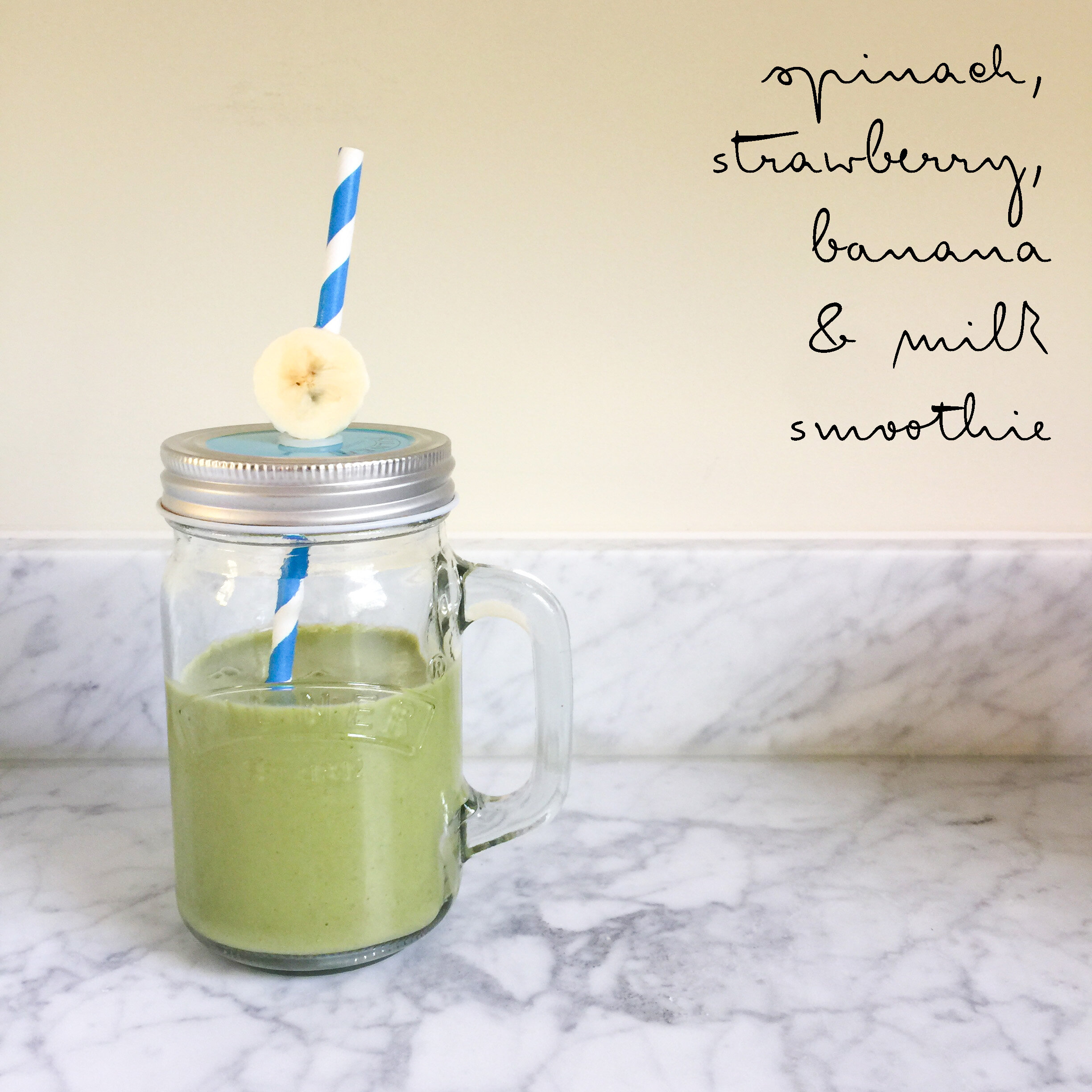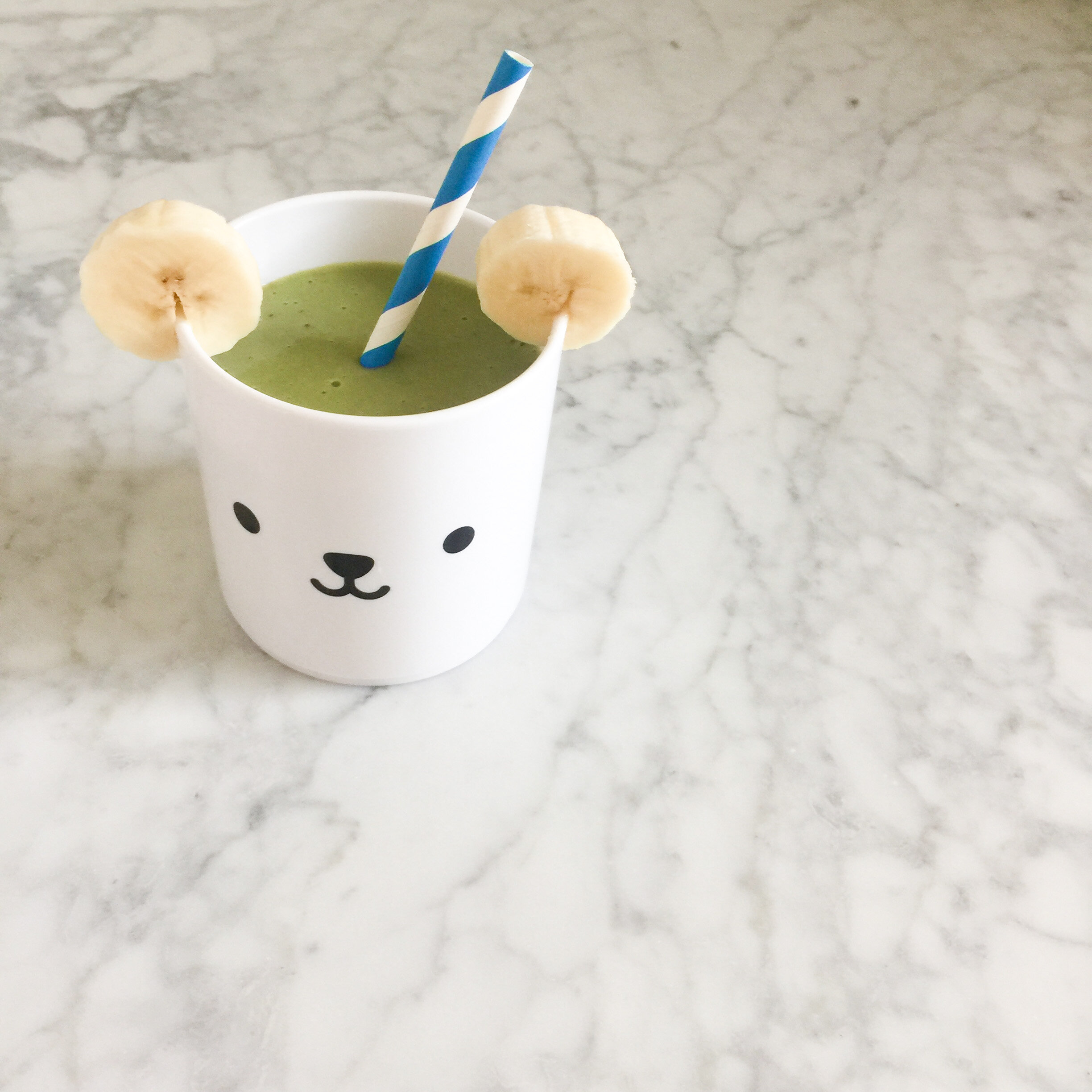Top 10 Tips to better Family Nutrition
This is a special #mimisfriends feature, co-authored with our partner paediatric dietician Bianca Parau, exploring nutrition during the current lockdown. Can we ward against Covid-19 with our diets? This is a question which we have been approached about a lot, since the lockdown began in March 2020. What can we do to boost our immunity through diet? I asked Bianca to share her thoughts on optimal nutritional practices and wellness. To inspire simple switches and practical changes, for you to adopt from your home.
Covid-19 and Food
Credit: Imperfect Foods
At the time of writing this, Covid-19 virus has put the world in lockdown; it is a time of great uncertainty and anxiety. In addition to the government’s advice on proper hygiene and social distancing, many people are looking into additional ways to “boost” their immune system, both through diet and supplements. Online sources claim that certain foods/ supplements, can enhance your immune function but the immune system is a complex system; to function optimally it requires fine balance and harmony, in various aspects. Although the immune system is well studied, there are still a lot of questions about how it functions. At present, there is no evidence of specific foods, or supplements, that protect against Covid-19, or any other viruses. What you can do is support your immune system, to ensure it functions optimally.
general healthy living
Focus on a having a balanced varied diet, by doing so you are equipping your immune system with the nutrients required to perform at its best. General healthy living strategies will give your immune system the support it requires. Unhealthy habits, such as poor sleep, no exercise, refined sugar etc, can be a barriers for your immune system to perform optimally.
The do’s and don’ts
Ensure your family’s diet is not lacking in any essential vitamins, minerals and nutrients. This will enable your family’s immune systems to be functioning normally; especially important during stressful periods and virus prone times.
It is well known that there are various vitamins and minerals such as vitamin A, D and C and zinc that support the immune system. But, please remember more does not mean better, talk to your health care advisor about the recommended dose your family should take. This will vary by age.
In addition to varied diet, a healthy and happy gut and adequate sleep will also help to support the immune system.
Focusing on certain “super foods” or specific individual nutrients will most likely lead to a nutrient poor diet. It is important to opt for a variety in food types, textures and colours -> eat the rainbow
The Top 10 tips: to boost nutrition in your everyday
1.Eat the Rainbow
Now is the time to embrace colour in your food, food shopping and in your cooking; include plenty of bright coloured fruits and vegetables throughout the day either as part of main meals and as snacks. Good choices for a family shopping list…bell peppers, any citrus, all berries, apples, sugar snaps, carrots, leafy vegetables, tomatoes, sweet potato and butternut squash.
2. Plan weekly Traybakes
They are an incredibly easy way to get variety packed into a single meal. Better still they mean very little washing up, as you can literally cook a balanced family meal on one tray. Recently we shared this blog post, with 3 top tray bakes which would all make healthy additions to your weekly meal plans.
Mimi’s Top 3 Tray Bakes
3. Cook with Herbs
Cook with and use herbs, where possible as these have been natural and anti-viral remedies since ancient times. They add freshness and nutrition to dishes. To save wasting any, freeze any leftovers.
Some of my favourites: Parsley, Basil, Coriander, Thyme, Mint, Chives, Dill
4. Cook, Blend and Bake your Fruit and Vegetables
Food waste isn’t an option at the moment: we are all having to meal plan, shop less frequently and eat at home. So if you have fruit or vegetables, that are too ripe there are lots of ways of using them up and getting the nutritional benefits. Remember to follow only “use by” dates, as “best before dates” are simply a guide on an optimum time to eat something.
Some favourite family recipes which are great for baking with leftover fruits and veggies:
Banana Bread, Sweet Potato Pancakes, Wholemeal Carrot and Apple Waffles, Spiced Pumpkin Muffins
Daily smoothies, quickly blitzed are a brilliant way of increasing your families daily intake of fruit and veg. And if anyone has been unwell they are easy to eat and digest. Use fresh, tinned or frozen fruits and or vegetables, really whatever you have to hand - as fresh is not always possible right now. I personally rely a lot on frozen fruits and veggies, which are cost effective and taste great. During the lockdown, use any fruit, vegetables that has ripened too quickly by ~
Freezing them and using in smoothies, you can even prep them in chunks, sort into bags and label by smoothie, ready for quick blending
Or, you can blitz them and make delicious frozen fruit lollies, which my children both love
More on Fish at Mimi’s Bowl
5. The importance of Protein
Protein is also important for optimal cell and immune functioning. Aim to include either animal, or plant based protein foods, with main meals and as snacks. Ideally a combination of both, to keep your diet and intake varied and nutrient dense.
legumes and pulses, nuts, seeds
lean meat, eggs and seafood
Credit: Imperfect Foods
6. Nuts and Seeds
A great source of healthy fats, anti-oxidant and B vitamin rich which helps to combat stress. Nuts are a choking hazard for under 5’s, so for small children opt for nut and seed butters instead. If there is any history of allergy, please avoid or consult your health care advisor.
7. Vitamin D
Is vital for a healthy immune system and functioning body, as a deficiency has been lined to increased infections and various medical conditions. It is the only vitamin that is not found abundantly in food and a vitamin D supplement is recommend for all children un the UK under the age of 5 years. If you have a garden, or small outdoor space, or park access, try spending some time outside and in sunlight; whilst sticking to lockdown rules.
8. Gut Health
To ensure your little ones gut is in tip-top shape opt for Prebiotic foods that feed the gut friendly bacteria (probiotics). Natural yogurt is a probiotic containing food witch also contains calcium. Use in smoothies, as a snack or as a dip. It also freezes well. Other prebiotic foods include: oats, flax seeds barley, pulses, nuts and seeds, banana, garlic, onion, asparagus, cocoa and seaweed
9. Exercise
Work exercise into your family’s daily routine as it is important for physical and mental health. One of the risks of being at home is constant eating and snacking, out of boredom. Try and get moving everyday, whilst observing the lockdown rules.
10. Sleep
Lastly ensure your little ones are getting enough sleep as sleeps also supports the immune system. An optimum amount is 10 – 12 hours.
Avoiding gas forming foods in the evening meal. Foods such as cauliflower, broccoli and cabbage are brilliant additions to the day’s meals, but not ideal in the last meal of the day. Perhaps just as important as what foods we should avoid in the evenings, is what foods we should eat? Bianca recommends foods rich in tryptophan, an essential amino acid that acts as a mood regulator; it has the ability to help balance hormones naturally and has a natural calming effect upon the body. Where can you find tryptophan? It is present in most protein-based foods, or dietary proteins.
This nutrition feature was written by parent Miriam Cooper, in conjunction with paediatric dietician Bianca Parau. Miriam is a mother of two, but is not medically trained and therefore has partnered with Bianca on this content. She speaks from her own experiences only.
Please always consult with your own Health Care Advisor on medical issues relating to your child.
As background, Bianca offers expert advice and nutritional guidance to children and their families. Her NHS clinical role at Chelsea & Westminster Hospital includes a specialist multidisciplinary feeding clinic, for children with eating problems, often resulting from a history of gastrointestinal problems and food allergy
for more information please visit
https://www.lavie-nutrition.com



